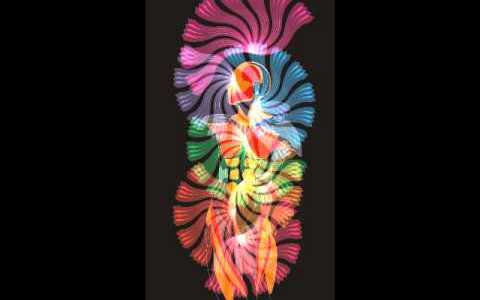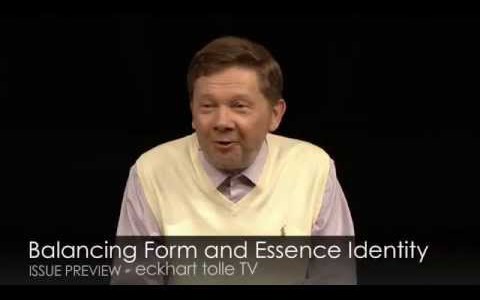Relaxation: Relaxing Nature Sounds and Tibetan Chakra Meditation Music for Relaxation Meditation






An event is multi dimensional. When people recall their experience of an event, argument, fight etc. and there are a lot of discrepancies, it does not mean some of them are necessarily lying. It just means they are describing everything…
